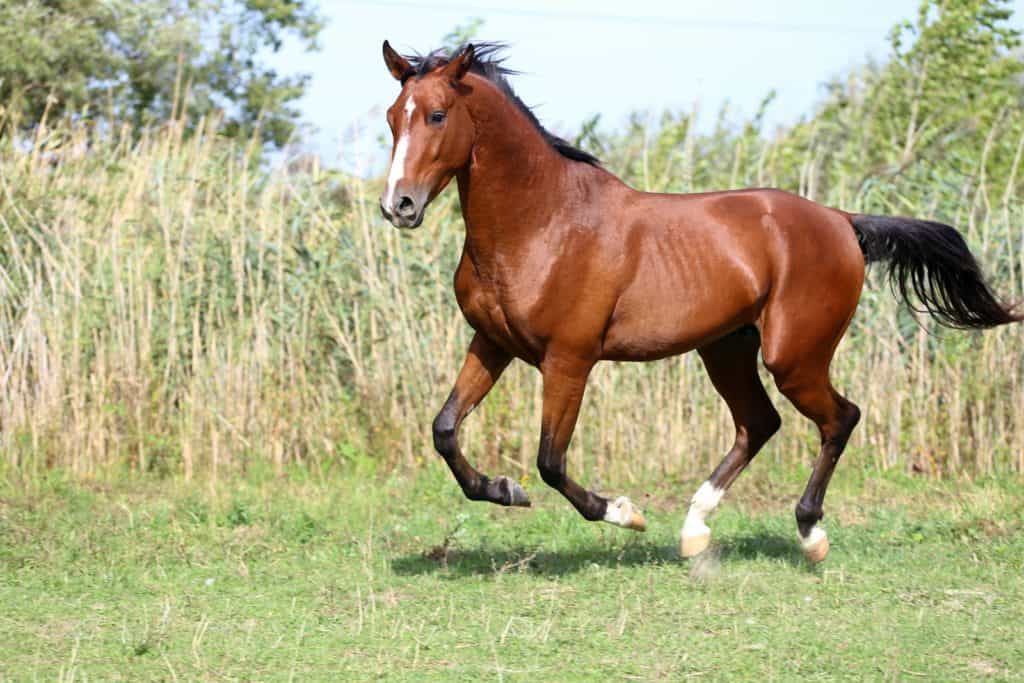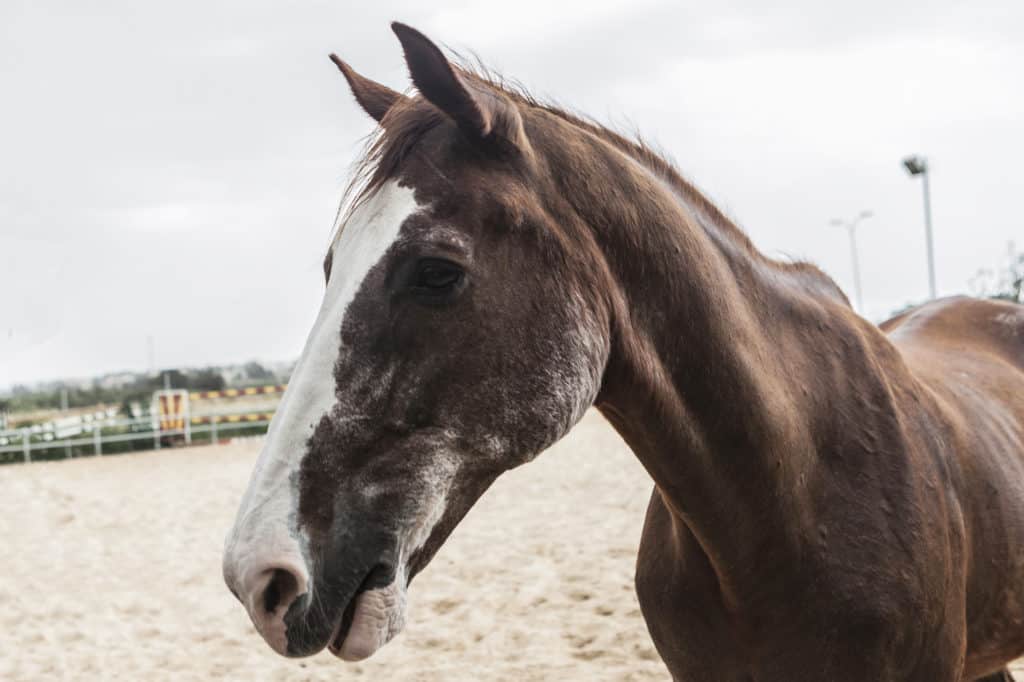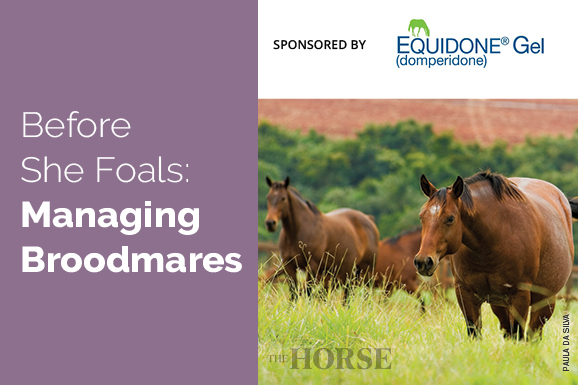
The AAEP Horse Lameness Scale Explained
What does it mean when your veterinarian says your horse is “Grade 3 lame”? The answer lies in the American Association of Equine Practitioners’ lameness scale.
How to care for the basic health needs of horses

What does it mean when your veterinarian says your horse is “Grade 3 lame”? The answer lies in the American Association of Equine Practitioners’ lameness scale.

Learn why this antioxidant is important for muscle health and how to supplement it safely.

In this case report we see how a senior horse diagnosed with severe equine asthma repeatedly developed pneumonia.

Do you have a horse with insect bite hypersensitivity, contact dermatitis, or respiratory allergies? Learn how to make him more comfortable. Sponsored by KineticVet.

Don’t balk at the S-word on the feed label. It might be just what your adult horse needs.

Humans, not insects, are now the major source of equine infectious anemia (EIA) infections.

Have your veterinarian perform a fecal egg count on your horse before deworming to ensure your protocol is effective and reduce the incidence of parasite resistance.

Find out what conditions, beyond lameness, a veterinarian might uncover during a prepurchase exam.

Learn why this congenital malformation occurs in foals and how veterinarians, owners, and breeders can treat and prevent it.

Is your senior horse a picky eater? Be sure he has regular veterinary dental examinations and consider changing his forage or concentrate feed.

One equine nutritionist offers dietary advice that might help reduce inflammation and guard against gastric ulcers during NSAID treatment for uveitis.

How veterinarians diagnose and rehabilitate horses suffering from kissing spines.

Supporting your new foal’s gut microbiome from Day 1 can have a lasting impact on his lifelong health and immunity.

Equip your mare with the nutrition, vaccines, fitness, and foaling environment she needs to
promote a successful parturition and a healthy foal. Sponsored by Equidone.

Find out what a veterinarian might look for when examining a horse that loses his balance after jumping a fence.

An equine nutritionist offers advice about soaking beet pulp and ensuring it’s safe for horses to eat.
Stay on top of the most recent Horse Health news with
"*" indicates required fields